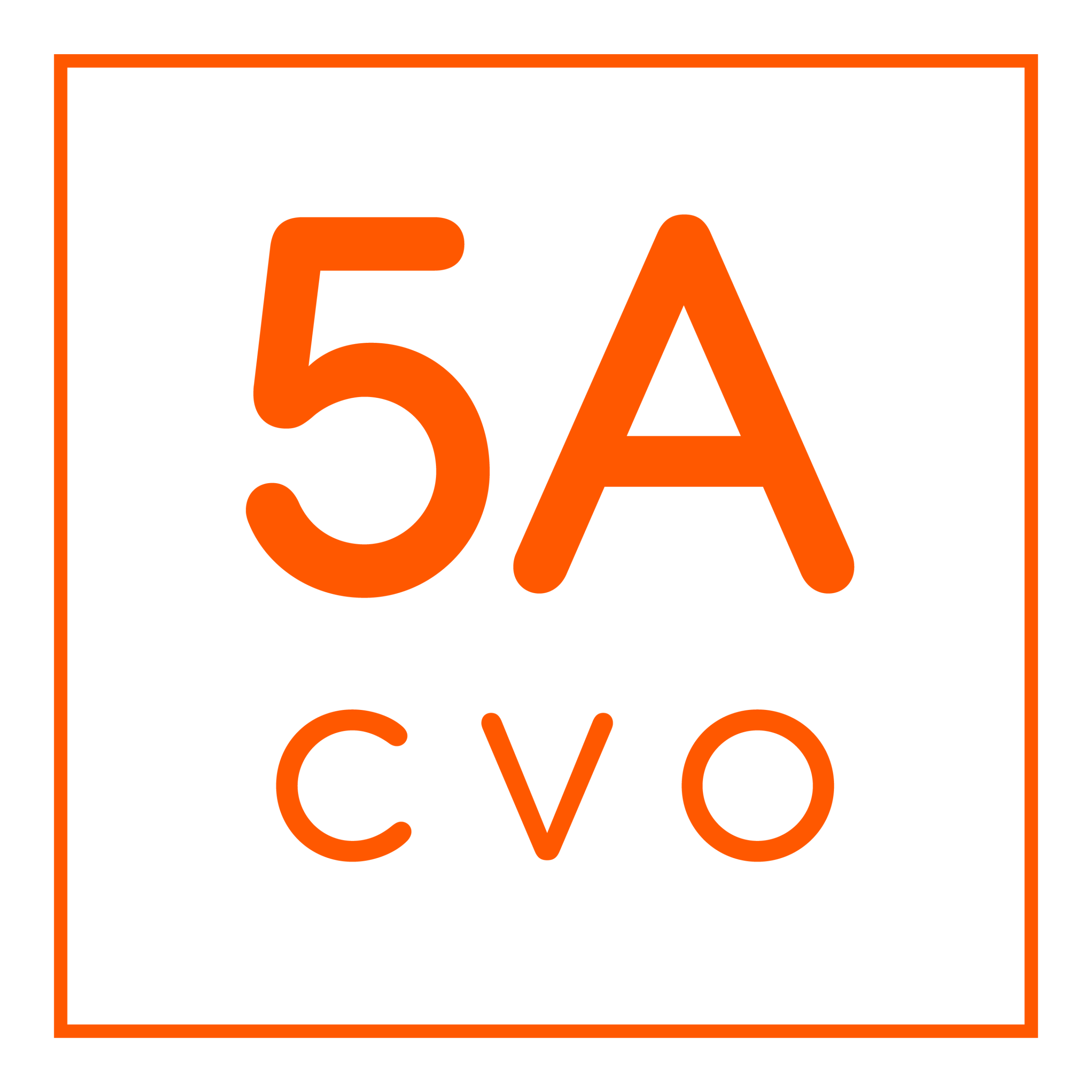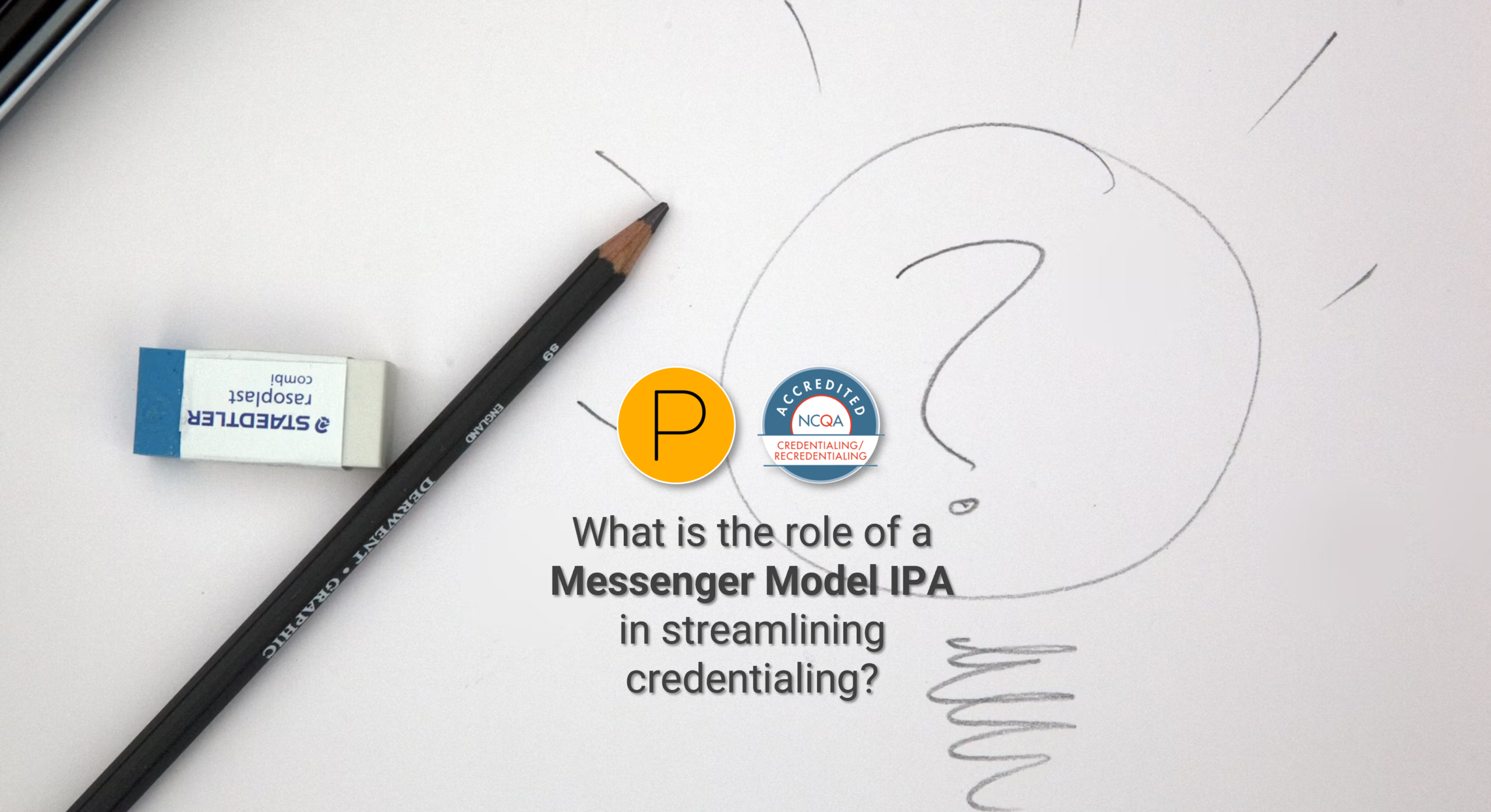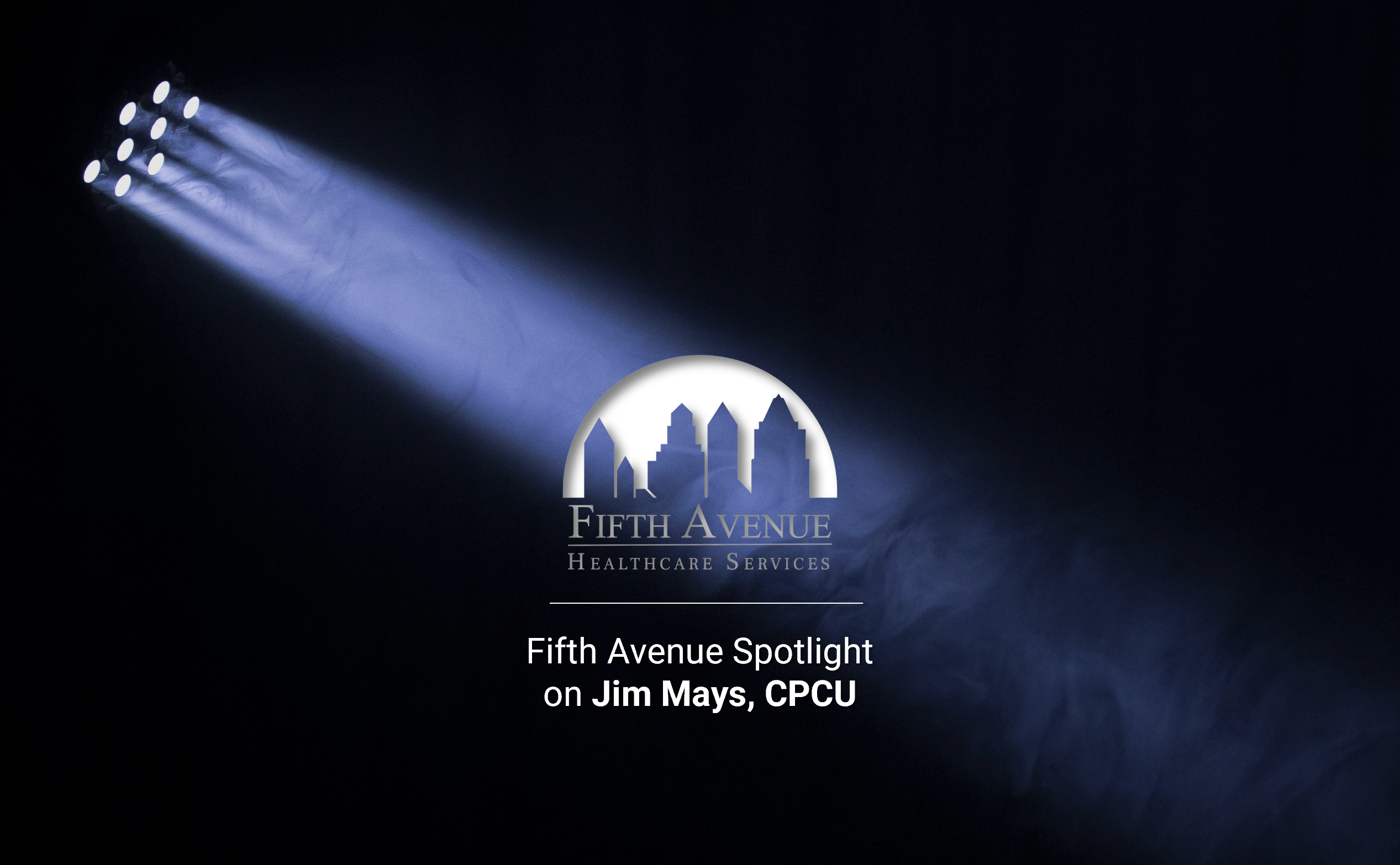Accreditation plays a pivotal role in ensuring the delivery of high-quality and safe healthcare services in various settings, including ambulatory surgery centers (ASCs), hospitals, and emergency rooms (ERs).
In this article, we will provide a series overview of the accreditation standards set by four prominent organizations: the Joint Commission (JC), Accreditation Association for Ambulatory Health Care (AAAHC), National Committee for Quality Assurance (NCQA), and URAC. We will delve into their core features, key priorities, and the value they bring to the healthcare industry, with a specific emphasis on credentialing standards.
Joint Commission (JC) Accreditation Standards Overview
The Joint Commission is a well-respected organization dedicated to improving healthcare quality and patient safety. Established in 1951, JC has become a leading force in promoting accreditation and certification programs. Their mission centers on enhancing healthcare practices and outcomes through rigorous evaluation and continuous improvement.
“We aim to be an ally to every provider,” said Dr. Jonathan B. Perlin, M.D., Ph.D., President and CEO of The Joint Commission, “equipping them with state-of-the-art quality standards and unparalleled resources aligned to their improvement journey.”
Dr. Jonathan B. Perlin, M.D., Ph.D., President and CEO of The Joint Commission
To learn more about the Joint Commission, visit their official website: Joint Commission. On their website, you will find detailed information about their core facts, priorities, and the value of accreditation and certification. Additionally, JC offers a user-friendly resource called Quality Check, which allows individuals to verify the accreditation status of healthcare organizations. Quality Check can be accessed at Quality Check.
Regarding credentialing standards, the Joint Commission has developed comprehensive guidelines to ensure that healthcare providers, ASCs, and hospitals maintain high standards of competence and professionalism. These standards encompass various aspects of credentialing, privileging, and ongoing professional practice evaluation, emphasizing the importance of robust processes to ensure patient safety and quality care.
Accreditation Association for Ambulatory Health Care (AAAHC) Accreditation Standards Overview
The Accreditation Association for Ambulatory Health Care (AAAHC) is a prominent organization dedicated to advancing high-quality care in ambulatory settings. Founded in 1979, AAAHC focuses on accrediting ambulatory surgery centers (ASCs), primary care practices, and other outpatient facilities.
For a comprehensive understanding of AAAHC, you can explore their official website: AAAHC. This website provides detailed information about AAAHC’s mission, vision, and goals. Specifically, you can learn more about their program overview for ambulatory accreditation at AAAHC Ambulatory Accreditation.
The accreditation standards established by AAAHC for ASCs encompass a wide range of areas, including governance, quality improvement, infection prevention, medication management, and patient rights. These standards are designed to ensure that ASCs provide safe, high-quality care to patients.
National Committee for Quality Assurance (NCQA) Accreditation Standards Overview
The National Committee for Quality Assurance (NCQA) is a renowned organization dedicated to improving healthcare quality through the development of rigorous standards and measures. NCQA’s accreditation programs cover various areas, including health plans, medical homes, and credentialing.
To gain a deeper understanding of NCQA and its credentialing standards, you can visit their official website: NCQA. The website provides detailed information about the benefits and support offered by NCQA accreditation. Moreover, you can explore the specific credentialing standards at NCQA Credentialing Standards.
NCQA’s credentialing standards emphasize the importance of thorough evaluation and verification of healthcare professionals’ qualifications and competence. By adhering to these standards, healthcare organizations demonstrate their commitment to selecting qualified providers and ensuring patient safety.
As an example of a healthcare organization that has achieved NCQA Credentialing Accreditation, we can look at Fifth Avenue Healthcare Services. They have successfully met the rigorous standards set by NCQA. Fifth Avenue Healthcare Services is committed to delivering high-quality healthcare services and can be explored further at Fifth Avenue Healthcare Services.
URAC Accreditation Standards Overview
URAC is a nonprofit organization that promotes healthcare quality and efficiency through accreditation and certification programs. Founded in 1990, URAC has developed standards for various healthcare sectors, including health plans, pharmacies, utilization management, and telehealth.
To explore URAC further, you can visit their official website: URAC. The website provides comprehensive information about URAC’s mission, goals, and the concept of the “Gold Star Standard” they uphold. Additionally, you can find answers to frequently asked questions about URAC accreditation at URAC FAQs.
URAC’s accreditation standards focus on promoting quality, transparency, and accountability in healthcare. These standards guide organizations in areas such as credentialing, network management, consumer protection, and quality improvement. By meeting URAC’s rigorous requirements, healthcare providers and organizations demonstrate their commitment to delivering high-quality care.
Conclusion Of Accreditation Standards Overview
Accreditation standards set by organizations like the Joint Commission, AAAHC, NCQA, and URAC play a vital role in ensuring the delivery of safe and high-quality healthcare services in ASCs, hospitals, and ERs. By adhering to these rigorous standards, healthcare organizations demonstrate their commitment to providing exceptional care to patients and continuously improving their practices.
In the next installment of this series, we will focus exclusively on an in-depth analysis of the Joint Commission standards.
More information about Fifth Avenue Healthcare Services
Fifth Avenue Healthcare Services is an NCQA Credentialing Accredited family of healthcare companies. Sister companies include 5ACVO (credentialing and primary source verification specialists), Fifth Avenue Agency (MPLI and medical malpractice insurance specialists), and Primoris Credentialing Network (credentialing and provider enrollment specialists with 54+ health plan and network provider enrollment options).
This article was initially published by Fifth Avenue Healthcare Services here. For information on Fifth Avenue Healthcare Services, please visit FifthAvenueHealthcareService.com or Contact Us.











